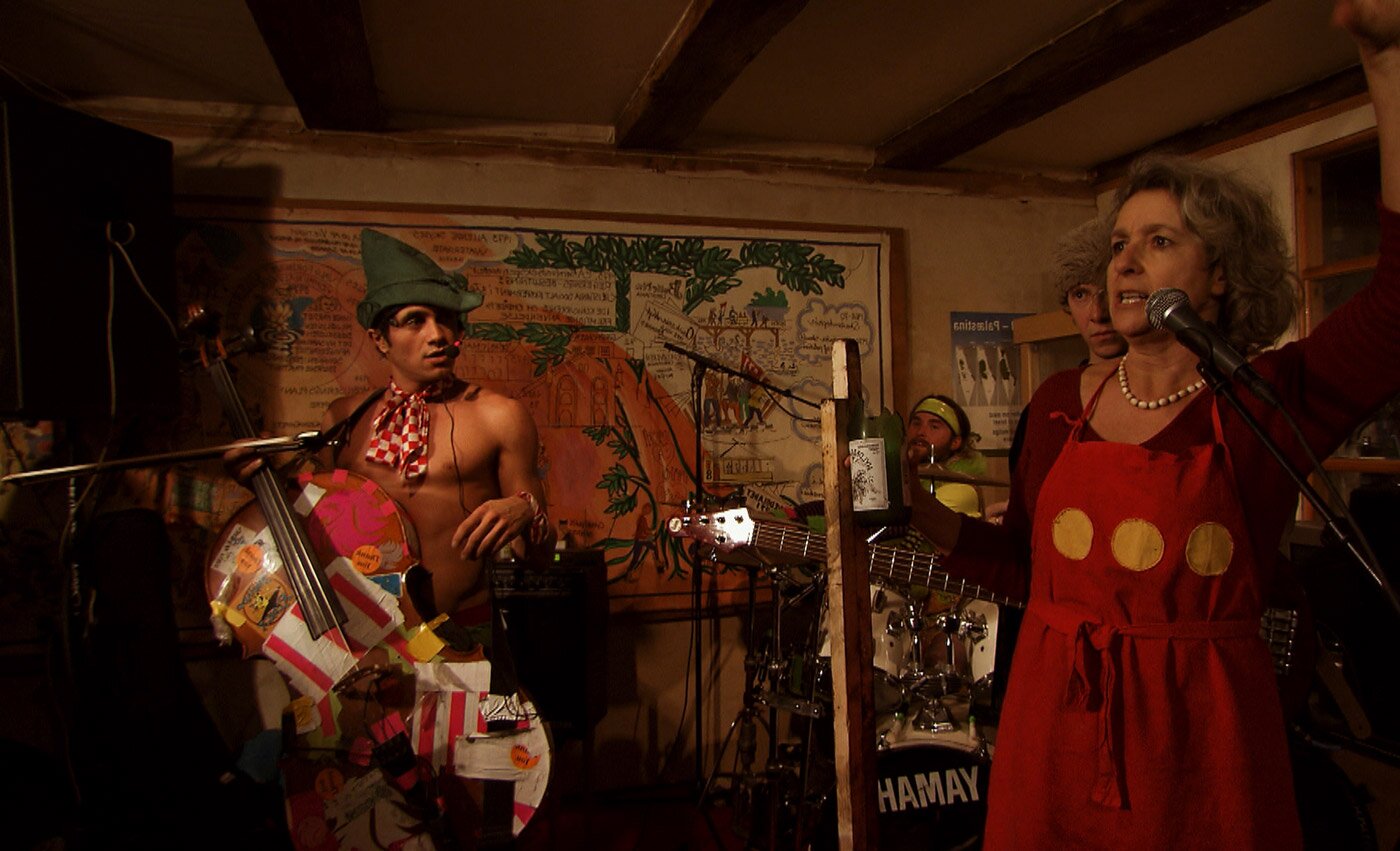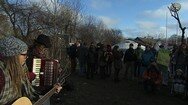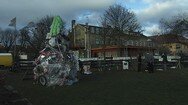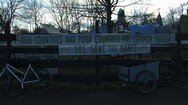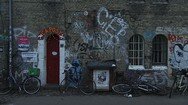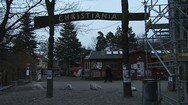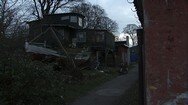Christiania
Freetown Christiania was founded in 1971 in the borough of Christianshavn in the Danish capital Copenhagen. The 34-hectare area currently has a population of almost 1000 freethinkers and individualists, including approx. 200 children.
Before people began living in Christiania, the former military site had primarily served as a playground and recreational area for the children and families of the surrounding city neighborhoods. In 1971, when the alternative newspaper Hovedbladet (The Main Paper) published an article that read like a call for the occupation of Christiania compound, a regular influx of people immigrated there from all over Denmark. The basis of the community there is the shared idea of a free and liberal community.
From the very beginning, Christiania has seen itself as an anti-capitalist "free town" (Fristad Christiania) with a high ecological awareness and numerous green spaces. Decisions are reached jointly and, in doing so, each citizen is respected as an individual. In addition to their numerous political campaigns and actions, the Christianites are also very active culturally and have a diverse theatre and music program.
In Christiania, there are neither leases nor house ownership. Hierarchical structures are deemed unnecessary, and the inhabitants are autonomous and responsible for themselves. Social services such as street cleaning, postal services and facilities for the care of children and youth have been introduced bit by bit by the commune.
The inhabitants of Christiania have emphasized their desire for independence from the Danish State by the introduction of their own laws and rules. In this regard, the toleration of the public and private use and sale of hashish has always instigated controversy. Hard drugs, however, are forbidden – as are theft, violence, firearms, knives, bulletproof vests and motorcycle club insignias. The citizens there see no need for any additional rules; should a problem occur, it is handled and solved on an individual basis.
Unresolved questions of ownership and the trade in cannabis were and still are the main points of conflict with the Danish government and have, at the latest since the liberal right-wing government gained power in 2001, been responsible for at times violent conflicts. Only in 2011 did Freetown Christiania and the Danish State agree that the inhabitants could purchase the area from the government by means of a special fund. With that, Christiania moved a step closer to its dream of total independence, but in principle, since the day Christiania was founded such formalities have never carried much weight for the freedom-loving Christianites.
